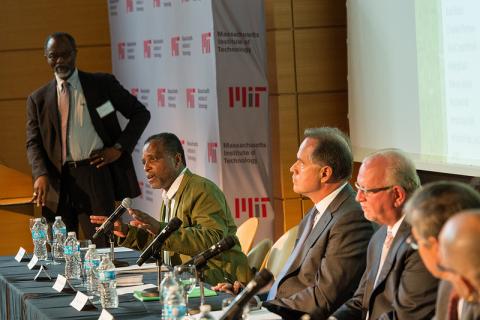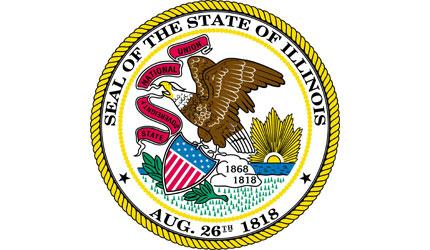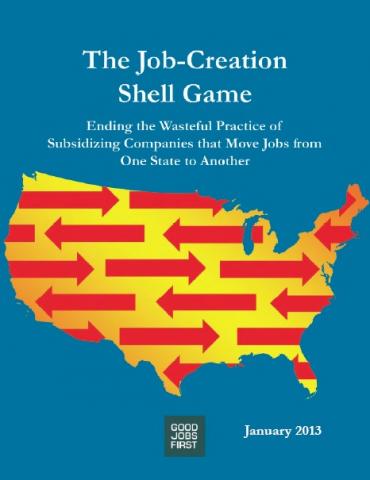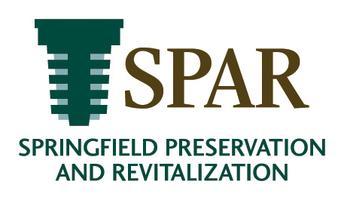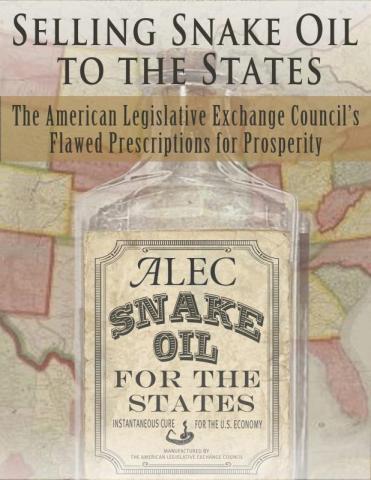At the annual BALLE conference this past June, Stacey Mitchell of the Institute for Local Self Reliance highlighted the importance of building a national policy agenda that supports local ownership. Mitchell addressed why changing public policy is essential, the need for framing a compelling narrative to assert change, the importance of building the appropriate components of a national policy agenda, and indicated some first steps to take. Using compelling examples from specific sectors, such as local food and local banking, Mitchell shows that while real change is occurring, major structural forces impede progress and that remaking public policy is critical to moving past those barriers.



